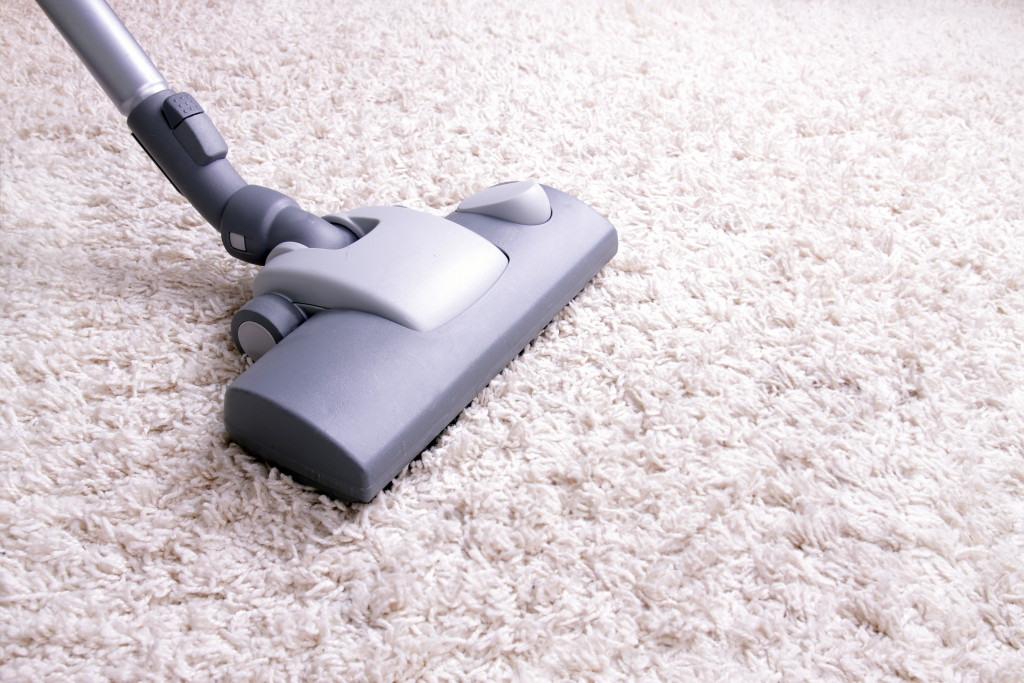- Rhinovirus is the main cause of colds and can be spread through contact with contaminated objects or surfaces.
- Keep the home clean and well-ventilated to reduce exposure to allergens that may exacerbate cold symptoms.
- A balanced diet with lean proteins, fruits, and vegetables can help boost the immune system.
- Encourage hygiene habits when away from home, such as washing hands frequently and avoiding sharing personal items.
- Invest in a humidifier to keep mucus membranes moist and prevent dryness which can make catching colds more likely.
As a parent, it can be frustrating to watch your children constantly falling sick with colds at home. You keep wondering how to protect them from this persistent health issue. Cold infections can become a significant concern, particularly during the cold season when the virus spreads quickly from one person to another.
If it seems like your children keep getting colds at home, it could be due to a combination of factors, from contaminated surfaces to poor hygiene habits. Here’s what you need to know about colds and how to renovate your home to decrease the chances of your children getting one.
What is The Rhinovirus?
First, it’s essential to know what causes colds. They are caused by the rhinovirus, which is spread through direct contact with contaminated objects or surfaces. It can also be transferred from person to person through sneezing and coughing. Here’s what you need to know about colds and your children.
The Importance of Cleanliness
As you may already know, cold viruses thrive in dirty environments. Hygiene should be a top priority in your home to prevent cold infections. Encourage your children to wash their hands frequently, especially after touching surfaces containing germs, like doorknobs and light switches. Keeping surfaces clean regularly using a disinfectant spray can also help eliminate germs lurking on them.
Indoor Pollution
Indoor pollution, particularly mold and mildew, can make your children susceptible to cold infections. Damp and poorly-ventilated rooms can harbor mold, triggering allergies and respiratory issues that make it easier for cold viruses to take hold. It’s essential to keep your home well-ventilated, fix any water damage, and address mold issues to prevent exposure to allergens that exacerbate cold symptoms.

Poor Nutrition
Your children’s diet could also contribute to their frequent cold infections. If they are not eating a balanced diet with essential vitamins and minerals, their immune system may not be strong enough to fight off infections. Lean proteins, fruits, and vegetables can help boost their immune system, helping your children to stay healthy. Ensure they eat regularly, and avoid foods that can weaken their immune systems, such as processed foods and sugary drinks.
School and Playground
While you may have some control over your home environment, it may be impossible to control the cleanliness of your child’s school or playground. Children who keep getting colds at home may have picked up the virus from a contaminated surface at school or playground. Talk to your children about the importance of practicing hygiene while away from home, such as washing their hands frequently and avoiding sharing personal items with their peers.
Low Humidity
Finally, low humidity could make your children more susceptible to cold infections. During the cold season, the air inside your home can become dry, which can dry out the mucus membrane in your children’s nose and throat, making them more vulnerable to cold viruses. Investing in a humidifier can help to add moisture to the air, preventing dryness.
Renovations Against Colds
Renovating your home to protect your children from colds is essential, particularly during the cold season. Here are some renovations you need to make in your home.
Check Your Chimneys
If your home has a chimney, then there’s a chance that water and debris can get stuck in it. Get your chimney checked, as a clogged chimney can be the perfect breeding ground for mold. Additionally, if your chimney is not working correctly, you must get it repaired. A local chimney repair service can get right into it. They can check your chimney for any blockages and ensure it works efficiently.

Replace Carpets
Carpets are prime breeding grounds for mold and dust mites. Consider replacing them with hardwood or tile floors to decrease the chances of your children getting colds at home. These surfaces require less maintenance and can be easily cleaned in the event of a spill. Additionally, they don’t harbor allergens that can worsen cold symptoms.
Update Your HVAC System
An outdated heating system may not provide sufficient ventilation, making your home damp and prone to mold infestations. Updating your HVAC system with an energy-efficient option can help to regulate room temperature more effectively and prevent airborne viruses from accumulating inside your home.
You can help protect your children from cold infections by renovating your home and emphasizing hygiene. Ensure they practice good hygiene habits, eat a balanced diet, and avoid contaminated surfaces while away from home to reduce further their risk of getting sick. With some simple renovations and preventive measures, you should be able to keep your children safe during the cold season.

